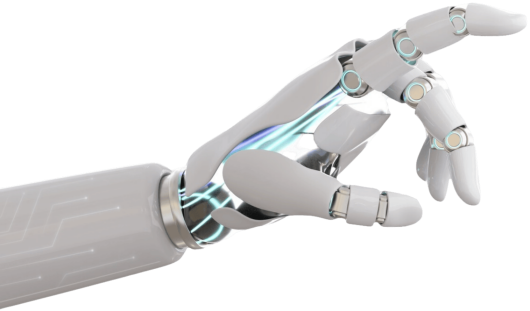
The solutions offered by the Competitive Intelligence field are intended to implement decision support systems and maintain the processes that transform data in information and information into knowledge and really assist companies to plan development strategies, link the current activities to these strategies, establish profitable relations with clients, partners and contractors, develop products and services, improve operational efficiency. The acquired information envisages mainly customer requirements, competitivity and general trends in the industrial, technologic and cultural fields. The tools developed for Competitive Intelligence assure adequate and performance solutions for organizing large amounts of data in multidimensional data bases, analytical online processing, data mining, predictive analysis, knowledge managing, linking attribute databases with digital maps. Defining the informational contents of a data warehouse intended to uphold the decision making associated with biblioteconomy processes is mainly based upon processes regarding the selection and acquisition of documentary funds. These two processes contribute both to the achievement of international transfer in the human society and to the development of data collections in each particular library. Considering the high complexity and the huge size of data involved in document clustering, the modern techniques of data mining represent a natural tool for information analysis and retrieval. That is the reason for employing at this point the non-standard smart clustering techniques. We will present here a clustering method which, together with its variants, proves good results in grouping the documents with respect to their content descriptors.
clustering techniques, competitive intelligence, data mining, data warehouse, transfer of information